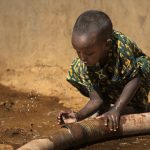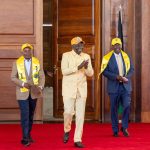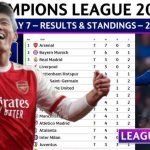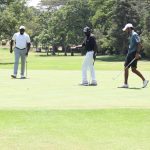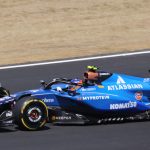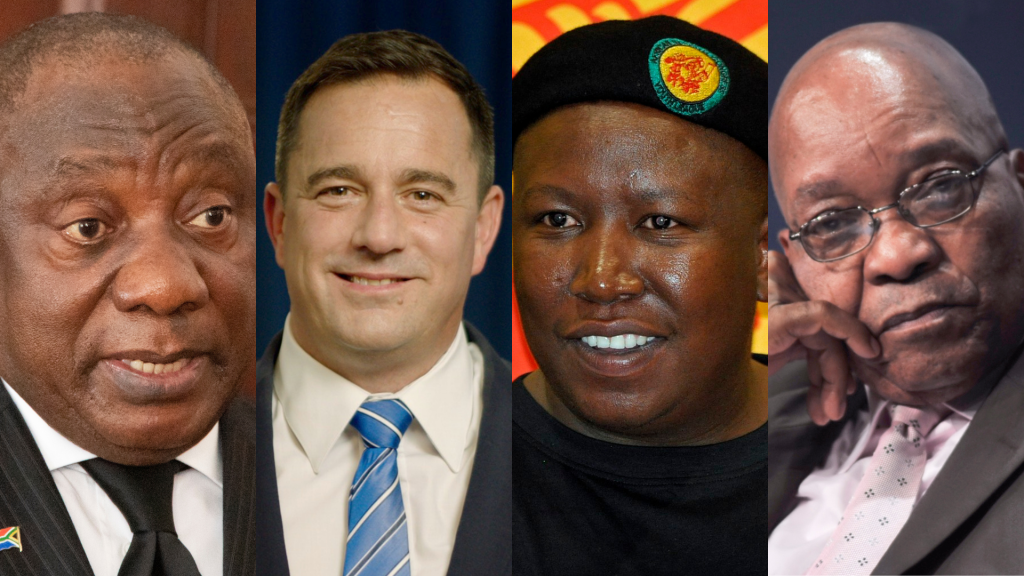
On May 29, South Africa’s 27 million registered voters will head to the polls for a general election that promises to be the most tightly contested in the country’s three-decade democratic history. With over 50 parties competing for parliamentary seats, the stakes are high as parliament will then appoint the president.
Here’s a look at the leaders of the main parties vying for power:
Cyril Ramaphosa
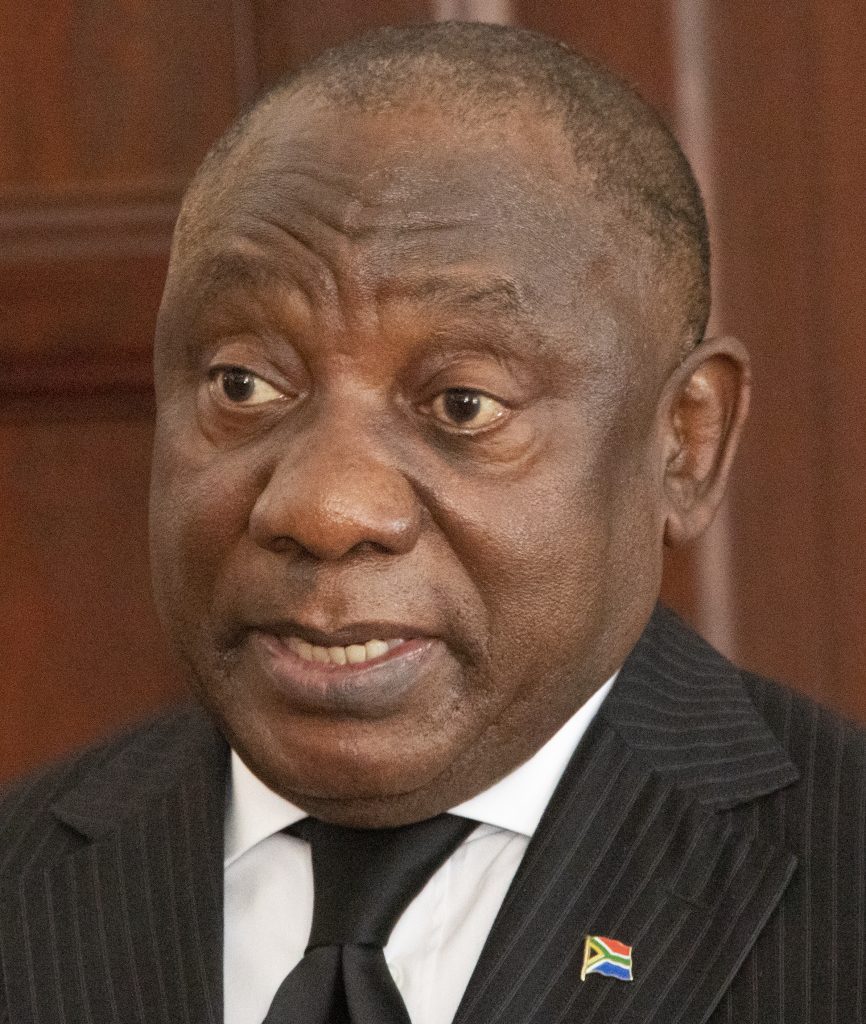
President Cyril Ramaphosa, once hailed by Nelson Mandela as an exceptional leader, played a crucial role in ending apartheid. After missing out on succeeding Mandela, he switched to business, amassing a fortune before re-entering politics. At 71, Ramaphosa took over the African National Congress (ANC) and the presidency from the scandal-ridden Jacob Zuma in 2018, promising a fresh start for South Africa. However, under his leadership, unemployment has soared to near-record highs, and the ANC faces what could be its worst election outcome ever. His image has been further tarnished by accusations of covering up the theft of a large sum of cash hidden at his farmhouse. Critics from the left accuse him of being too business-friendly, while those on the right see him as indecisive.
Jacob Zuma
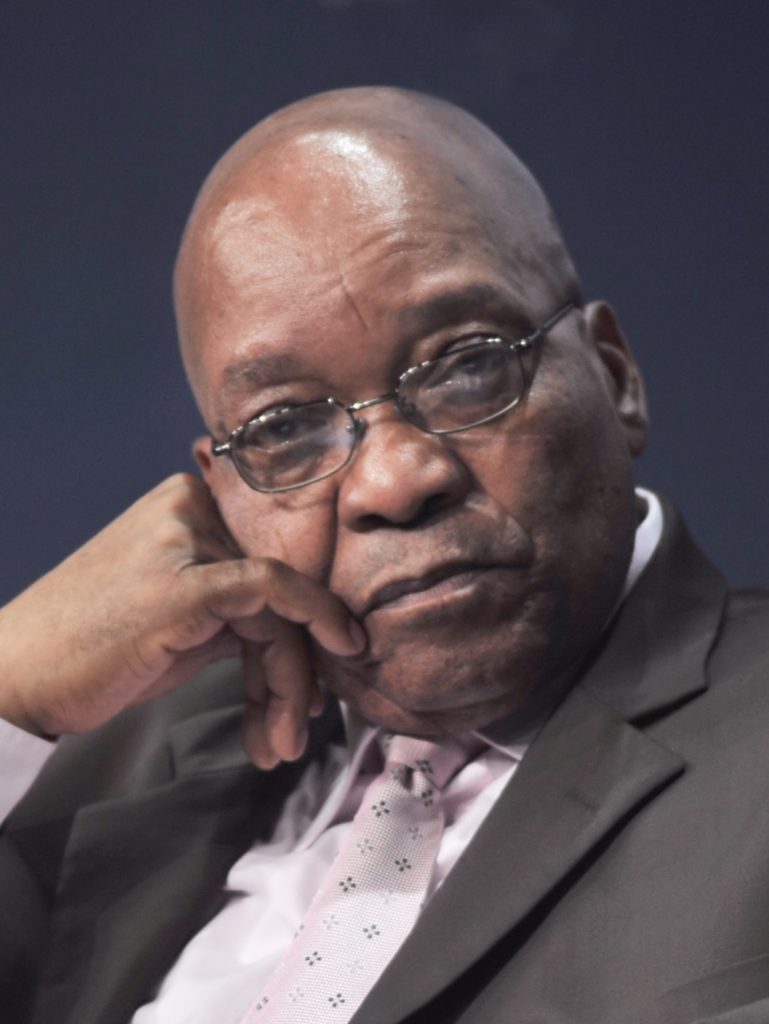
Known for his charisma and lively stage presence, Jacob Zuma was the feared head of ANC intelligence during apartheid. Elected president in 2009, he was ousted in 2018 amidst numerous corruption allegations. Bitter about his removal, he now leads uMkhonto we Sizwe (MK), a new opposition party. Despite ongoing legal battles, the 82-year-old retains strong support, especially in his home province of KwaZulu-Natal. Zuma’s imprisonment for contempt of court in July 2021 sparked unrest that resulted in over 350 deaths. Although ineligible for parliament, he remains a significant figure in his party.
John Steenhuisen
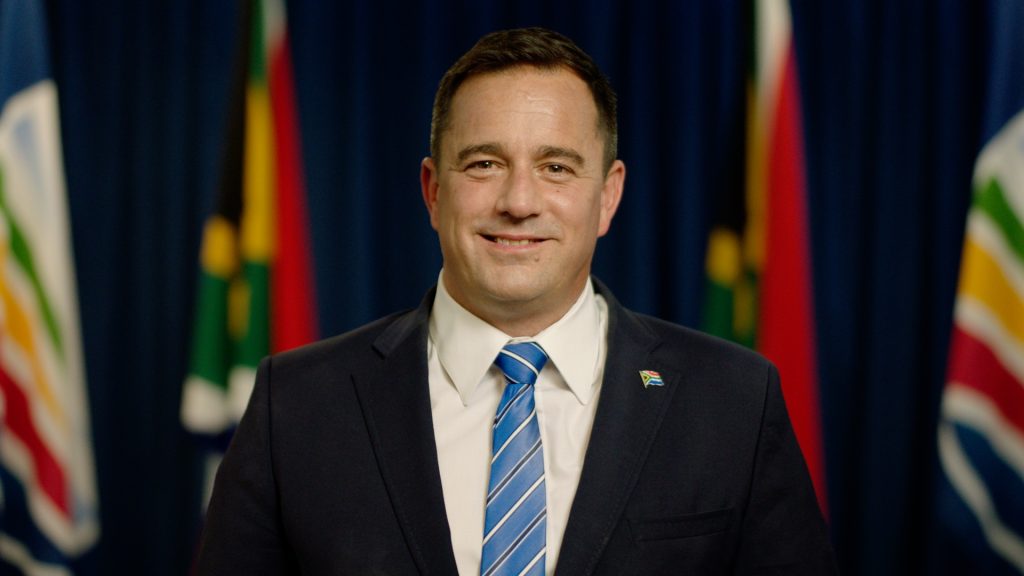
John Steenhuisen, a career politician, leads the Democratic Alliance (DA), the main opposition party. Starting as one of Durban’s youngest councillors at 22, he became DA leader in 2020. Now 48, he aims for the presidency, with the DA spearheading a multi-party coalition to unseat the ANC. However, Steenhuisen struggles to overcome his party’s white, middle-class image and expand its appeal. His controversial remarks, such as comparing “roadkill” to his ex-wife and likening new crime wardens to drunkards, have led to accusations of being out-of-touch, sexist, classist, and racist.
Julius Malema
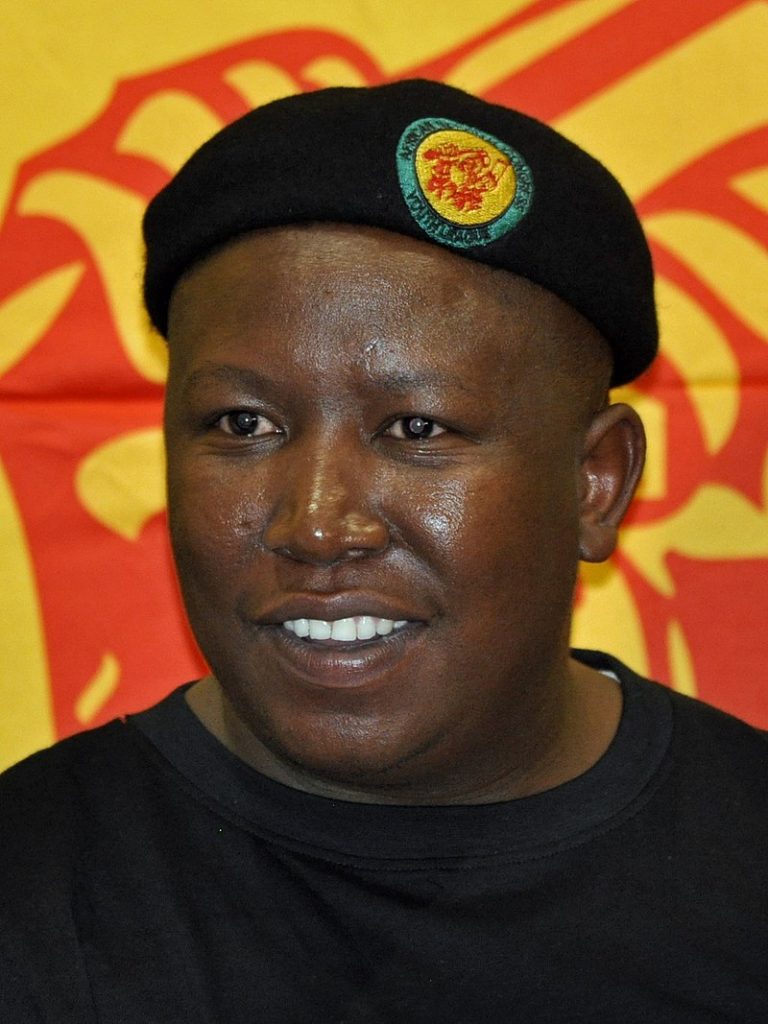
Julius Malema, the fiery leader of the Economic Freedom Fighters (EFF), is known for his dramatic style and radical ideas. After being expelled from the ANC in 2013, Malema, 43, founded the EFF, advocating for land redistribution and nationalizing key industries to address inequality. Often seen in his signature red cap, Malema is a powerful speaker who criticizes capitalism and positions himself as a champion of the underprivileged. Despite his revolutionary rhetoric, he lives lavishly in one of Johannesburg’s wealthiest areas.
Other Notable Contenders
Former Johannesburg Mayor Herman Mashaba, 64, who built a successful hair product business before entering politics, leads ActionSA, which is part of a coalition with the DA. The alliance includes the Zulu nationalist Inkatha Freedom Party (IFP) headed by Velenkosini Hlabisa, 59, who succeeded the controversial Mangosuthu Buthelezi. Pieter Groenewald, 68, leads the Afrikaner FF Plus, another coalition member. Former DA leader Mmusi Maimane now heads Build One South Africa, a new liberal party, while ex-journalist Songezo Zibi, 48, leads the center-left Rise Mzansi. Gayton Mckenzie, 50, a former convict turned motivational speaker, heads the right-wing, anti-immigration Patriotic Alliance.
As the election approaches, these leaders and their parties are gearing up for what promises to be a pivotal moment in South Africa’s democratic journey.

